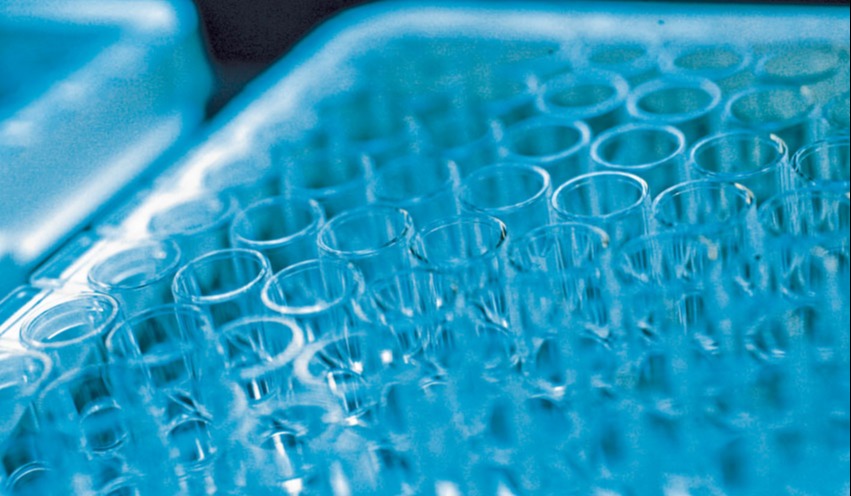- Other Products
- CCP
The clinical benefit of targeting the complement system has been established for many rare clinical disorders and the past few years have been a highly successful and exciting period for the field of complement-directed drug discovery and development.


The clinical benefit of targeting the complement system has been established for many rare clinical disorders and the past few years have been a highly successful and exciting period for the field of complement-directed drug discovery and development.
As can be expected from the great diversity of clinical disorders involving abnormal complement activity or regulation, many creative approaches to therapeutically intervene at various stages of the complement cascade have been explored over the years.
A large number of anti-complement drugs are in development, providing tools for blocking complement activity via specific activation pathways, or isolated complement components. This new focus on complement-targeted therapeutics has raised important questions concerning target selection, point and length of intervention, safety and drug delivery.
There are clear hurdles to overcome in the drug development process though, including side-effects of inhibiting the complement system, such as risk of infection.
There are also important pathway-dependent issues to consider when developing complement drug candidates. For example, drugs that block the classical pathway are most likely to be beneficial in antibody-mediated diseases as the classical pathway is involved in autoimmunity. However, drugs that block downstream targets in the complement cascade, while leaving the early classical pathway intact, may be preferable in other diseases.
Drugs that block specific complement fragments may also have fewer side effects than drugs that more completely block the complement system. Indeed, many new anti-complement drugs that target specific activation mechanisms or downstream activation fragments are currently in development.
To use the right therapy to a disease indication, an in-depth understanding of disease mechanism as well as the contribution of complement to the disease progress is critical to success.
An understanding of disease triggers, the causal pathway and its links to complement activation pathways make it possible to home in on just one arm of the system leaving other pathways to function and preserve the infection-fighting and life-preserving properties of complement.
Svar has over 15 years’ experience of complement system assay development. Our complement system assays have been developed by our experienced scientists in close collaboration with key opinion leaders, to yield sensitive, reliable and easy-to-use products for the exploration of most aspects of the complement system.
The Svar Complement activity biomarkers give valuable intelligence in several situations where one might suspect that complement activation plays a role in the disorder. They are developed to target the unique neoepitopes only presented at the complement component or complex when activated.
Take advantage of our complement expertise and let us guide you on the Complement Pathway!